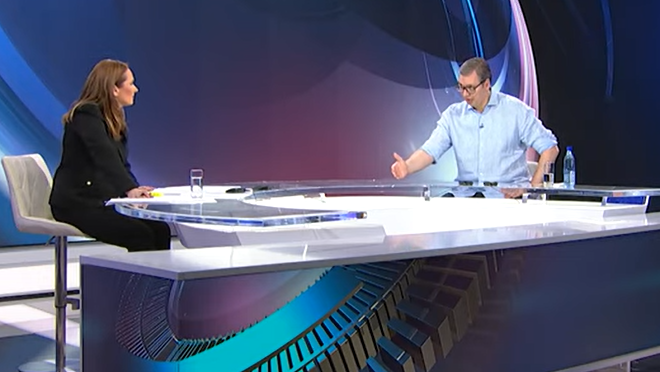The main topic of the article concerns the decision to increase allocations from the state budget for financing political parties in Montenegro, which raises concerns due to the lack of a comprehensive electoral reform. The Center for Democratic Transition (CDT) points out that although there are some improvements in the law, its fundamental weakness lies in the fact that the law is adopted outside the context of a comprehensive electoral and anti-corruption reform, and citizens will not feel improvements in electoral integrity or control of party financing. The increase in budget allocations for parties from 0.5% to 0.8% of the current budget is considered unusually high compared to European countries. The process of decision-making is criticized for its lack of transparency and the absence of political will for key reforms that would cover the work of anti-corruption agencies, criminal liability, and media representation of campaigns. The only direct beneficiaries will be political parties receiving increased funds, while institutions that should oversee parties have significantly smaller budgets. CDT calls on domestic and international actors not to accept these changes as sufficient reform as they do not bring real positive impact for the public interest.
Political Perspectives:
Left: Left-leaning sources emphasize the lack of comprehensive electoral reform and criticize the increase in funding for political parties as a step backward that benefits only the parties themselves. They highlight the absence of transparency and political will to address corruption and the need for stronger institutions to oversee party financing. The narrative focuses on protecting public interest and ensuring accountability.
Center: Center-leaning sources acknowledge the increase in funding but stress the importance of accompanying reforms to improve electoral integrity and transparency. They present a balanced view recognizing the need for political consensus but caution against reforms that only serve party interests without systemic changes. The narrative is pragmatic, focusing on gradual improvements and the role of institutions.
Right: Right-leaning sources may focus on the political unity shown by parties in agreeing to increased funding, possibly viewing it as a necessary support for political activities. They might downplay criticisms about lack of reform or frame them as political opposition tactics. The narrative could emphasize stability and the importance of funding political parties to maintain democratic processes.
